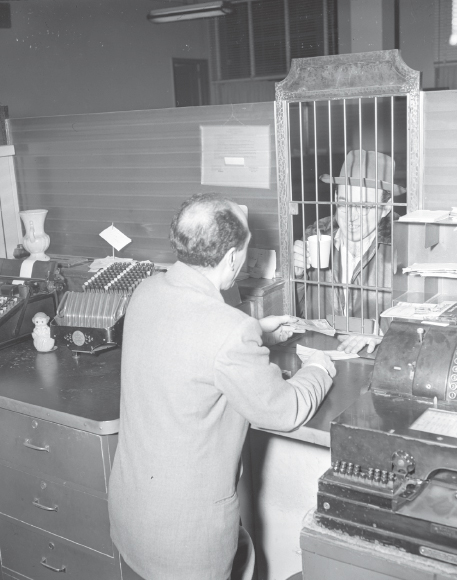CHAPTER THIRTEEN
Commercial Bank Operations
LIKE OTHER BUSINESSES, BANKS ARE profit-maximizing firms—a fact you are probably reminded of whenever you get charged a fee or service charge. If you are at all like other depositors, you probably do not like paying fees for letting your bank use your money. Banks and other financial intermediaries are unique because their creditors are also their customers. Whenever you deposit money in your bank account, you are effectively lending money to your bank, so it is understandable that you would grumble over paying fees and service charges associated with your checking account. The purpose of this chapter is to explain bank operations. Hopefully, by the time you fnish reading this chapter, you will understand why your bank charges those fees and service charges. You probably still won't like the fees, but at least you will understand why the bank charges them.

The fundamental business of banking is to accept deposits as a source of funds and then to make loans to consumers and businesses. In the past, most transactions were face to face, with people dropping in on a weekly basis to see the banker and get free coffee and donuts. Today, customers rarely visit their bank, instead conducting most transactions over the phone, by wire, over the Internet, or at an ATM.
CHAPTER PREVIEW
This chapter lays the foundation for how commercial banks operate. ...
Get Financial Institutions, Markets, and Money, Eleventh Edition now with the O’Reilly learning platform.
O’Reilly members experience books, live events, courses curated by job role, and more from O’Reilly and nearly 200 top publishers.

